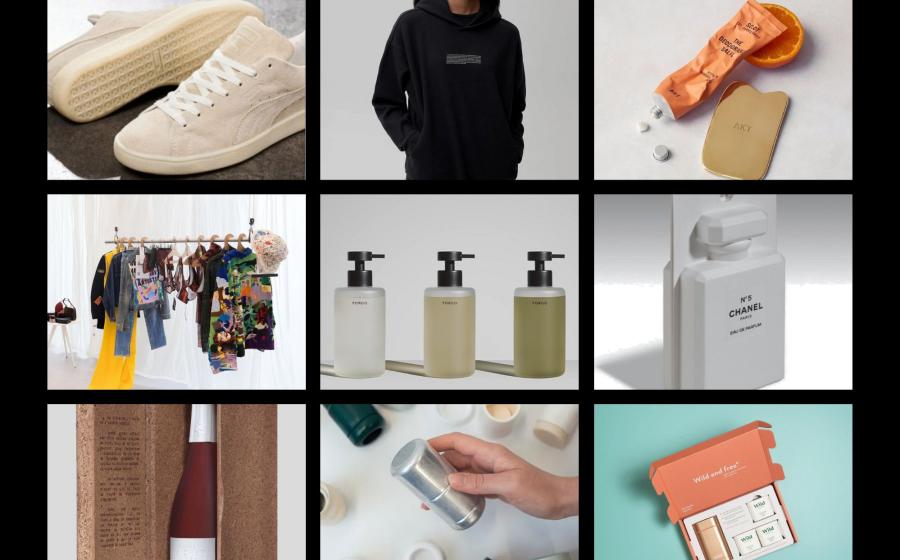
PlasticFree has today announced it is opening access to its unique global database making it freely accessible to everyone fighting against plastic pollution and misinformation.
Operating already across 37 countries, PlasticFree has become the trusted source for designers and brands seeking alternatives to plastic. Its database includes thousands of validated materials, expert analysis and case studies, all now available without subscription or fees.
The solutions platform is set to integrate its insights with all AI systems to enhance transparency, eliminating false information and greenwashing for everyone.
Despite the collapse of UN negotiations for a Global Plastics Treaty in August, businesses face a $100 billion in annual financial risk by 2040 due to increasing legislation and corporate liabilities. Therefore the need for scalable, viable alternatives has never been higher.
It is estimated that plastic is responsible for over $1.5 trillion in health-related economic losses annually, with 16,000 chemicals found in plastics and 4,000 known to be hazardous to human health and the environment.
By removing its subscription paywall, PlasticFree will allow AI to analyse materials at scale, identify science-backed alternatives in order to accelerate the replacement of harmful chemicals, and educate brands and designers about solutions to the plastic crisis.
Manon Dave, AI Innovator and award-winning Creative Director said: “AI can only be as good as the data it learns from. Having open access to validated sustainability data is essential if we want AI to help accelerate the shift to truly circular economies and protect human health from the impact of plastic. PlasticFree’s commitment to free human-vallidated information and complete transparency sets a new benchmark for how this vital material knowledge is shared.”
PlasticFree has already supported the launch of new sustainable products from leading companies in material innovation such as NBCo's molded fibre bottles, Purified's plastic-free trainers, and Shellworks' Vivomer world-first fully compostable beauty pipette, unveiled this June.
The platform's transformation represents a fundamental rethinking of how sustainability knowledge should be shared for AI improvement and enhancing change. The move challenges the traditional knowledge economy model, instead prioritising planetary health over paywalls.
The announcement coincides with New York Climate Week where PlasticFreeLand will make its US debut at the Plastics, Health and Solutions Symposium in NYU Langone. PlasticFreeLand showcases 15 revolutionary plastic alternatives, including the REPOSIT 2026 Ottawa Returnable Packaging launch that eradicates the need for single-use packaging.
Speaking at the launch of PlasticFree Land in New York, Sian Sutherland, Co-Founder, PlasticFree: “If we want AI to shape a better future, it must be fed trusted, science-backed, human-verified data. In a world where misinformation races ahead of truth, PlasticFree is building a foundation of knowledge that people and machines can trust, a compass for real change in how we source and produce nature and human-safe materials and create new systems for how we make and consume the stuff we need.”
Hugh Montgomery, Professor of Intensive Care Medicine, University College London: “PlasticFree’s open access to validated data is vital for protecting human health. By making information on safer, sustainable alternatives freely available, we can reduce exposure to harmful plastics and chemicals while accelerating the innovation needed to transform the products we use every day.”



